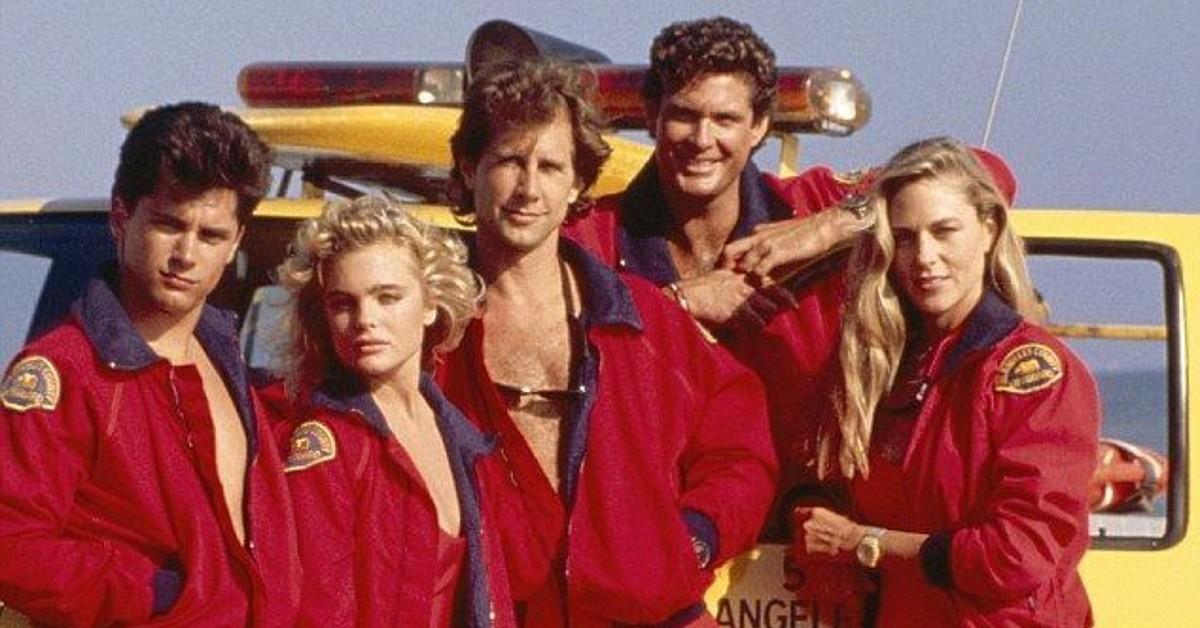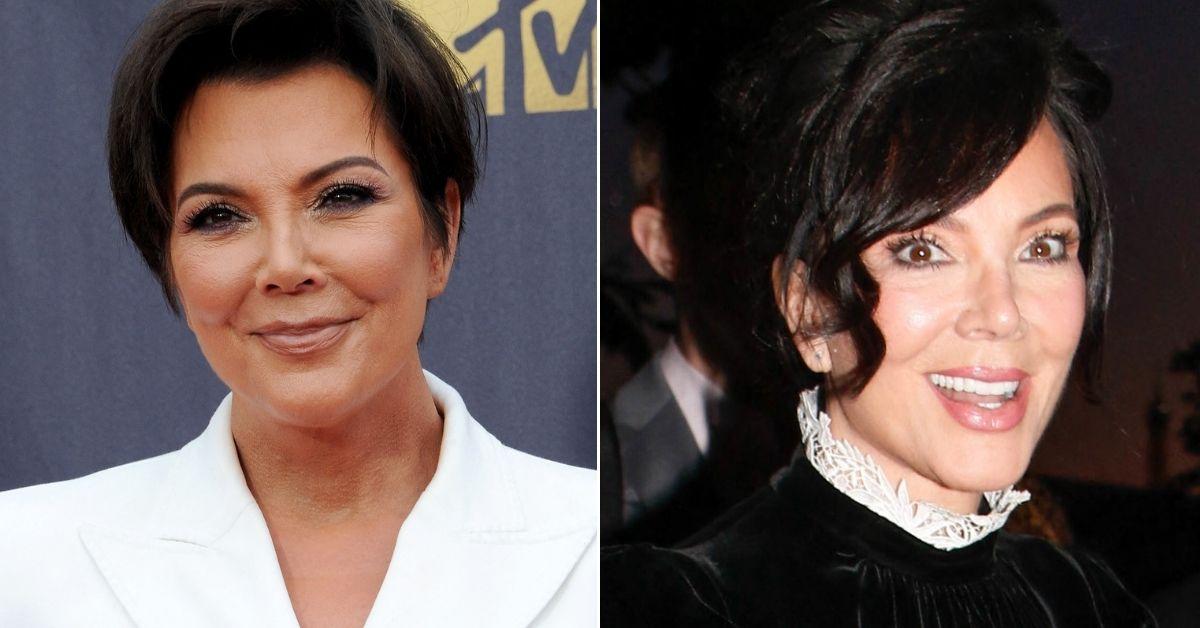Ready to Fall in Love? Paris Burns with Romance -- and Reality
Sept. 18 2009, Published 2:28 p.m. ET
A lustrous city, sparkling under a big night sky. Women on bicycles in the rain, baguettes in hand. Aging accordion players perched at the river’s edge -- and all buzzing with seductive, French chatter. Mais oui! -- it’s undeniably a cliched setting for finding romance and rediscovering life. But with his new film, Paris, director Cedric Klapisch’s offers a fresh, proverbial love letter to a city that can soften even the most cynical of
hearts.
The heart, in fact -- both the muscle and the metaphor -- is one of Paris’s central motifs. Juliette Binoche stars as Elise, a single mother of three who, at 40, is worn down by her daily life and believes she’ll never be desirable to men again. She moves in with her brother Pierre (Romain Duris), a former dancer, while he waits for a heart transplant and anticipates his own death. We also get to know a professor who lusts after a younger woman (and, oops! She’s also his student), a fruit seller who confronts his past and his future from behind stands of apples and avocados, as well as other distinct characters whose lives fluidly overlap and intersect.
Admittedly, French films have a knack for being too gloomy. Paris has its share of teary scenes, weighty, silent moments and grey, drizzly days -- but the film pokes fun at itself just the same. In one particularly tongue-in-cheek scene, we meet a TV host who bungles his cheesy opening segment about Paris’s many faces and fortunes. As his camera crew stops filming and our own view pans out, he’s almost a stand-in for the
audience in his embarrassment at his own trite script.
In another gentle jab -- one of the best scenes of the movie -- the middle-aged professor reveals to his dinner companions that he anonymously text-messaged the young object of his affection. When his friends, wide-eyed and aghast at his youthful indiscretion, ask what he said in his message, the answer (especially in subtitles) is surprising, lighthearted relief from the lascivious direction in which he was headed.
As each sub-plot unfolds, a small transformation takes place for each character. Pierre turns on convention and tenderly teaches his sister about life -- even as he faces the likely end of his own. A man from Cameroon lands in Paris and begins a new life, while a fruit seller finds love not far from his produce. Paris takes a Robert Altman-like approach to creating a handful of characters and seamlessly interweaving their stories

with smart production choices and subtle plot maneuvers. Aesthetically, it looks like an issue of French Vogue set to music, with photos that come to life and jump to something new at every turn.
Ultimately, Paris is worth watching (and wading through subtitles) not just because it’s a sumptuous, virtual trip to one of the world’s most textured cities, but because sometimes, it’s good to be reminded to savor the small things in life -- and all the better in a French accent.


